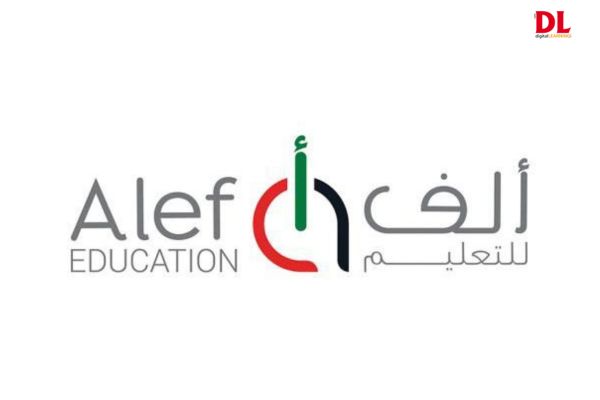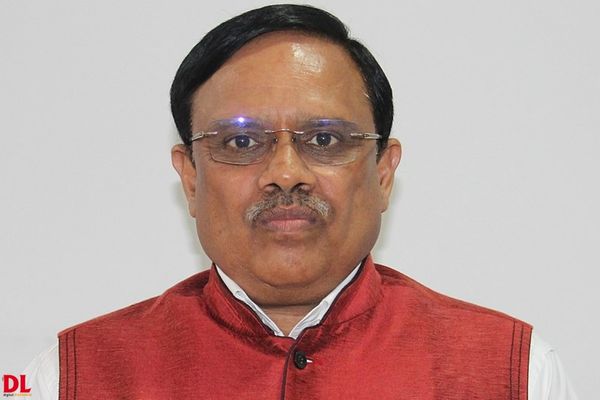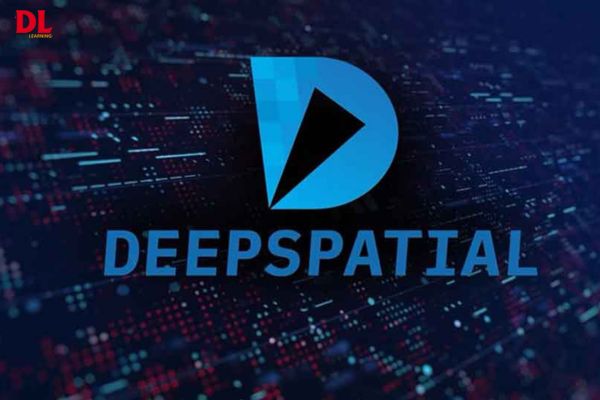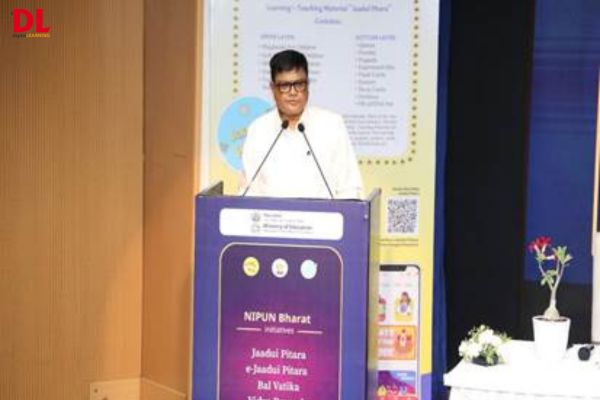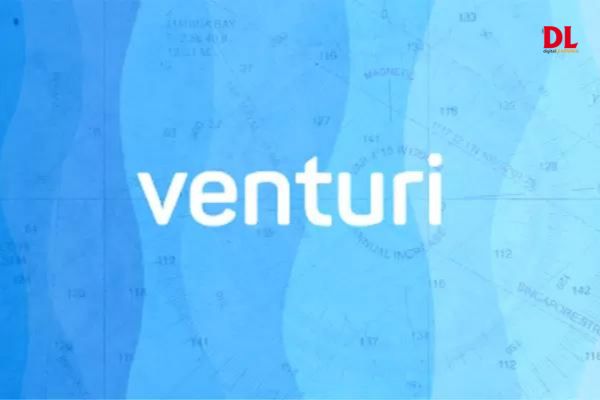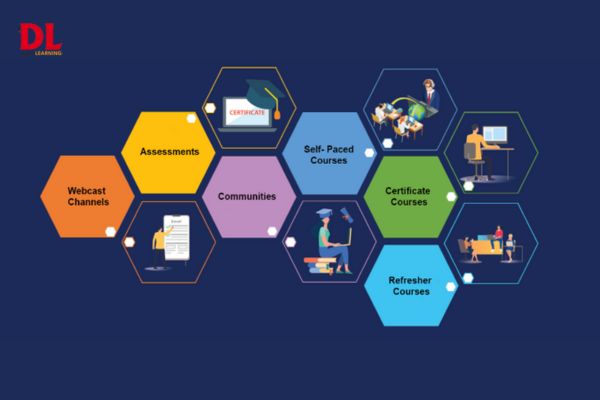LG Electronics Inc. is accelerating its entry into India’s B2B market by targeting the rapidly growing Ed-tech sector with its interactive whiteboards, known as smart boards. Leveraging the Digital India initiative launched in 2015, LG aims to tap into India’s $10 billion education market, bringing its expertise as the world’s leading OLED TV brand. This initiative aligns with India’s goal to boost online infrastructure and enhance digital education across state-run institutions, propelling the nation towards digital empowerment.
Over the past three years, LG has already made significant inroads by supplying 10,000 units of its LG CreateBoard to 2,900 public high schools in Odisha, one of India’s three government-designated technology hubs. The LG CreateBoard is designed to enhance instructional efficiency in classrooms and conferences, allowing easy transitions between a blackboard and digital presentation modes, and includes educational templates for figures and diagrams.
This move is part of LG’s broader strategy to transform from a traditional white goods manufacturer to a software-driven platform company, bolstering its B2B services which are key growth drivers. The CreateBoard’s multitouch screen can detect up to 40 simultaneous touches, and its built-in app, LG Create Board Share, allows for displaying up to nine screens at once during classes, facilitating interactive learning.
According to LG, these electronic whiteboards not only enhance the efficiency of classroom instruction but also enrich lessons with diverse digital content. As part of its commitment to this market, LG directly delivers these interactive displays across India, providing hands-on demonstrations to illustrate their use.
The demand for interactive whiteboards has seen a tremendous increase, with their supply in India growing at an average annual rate of about 80% over the past five years, as reported by Omdia. Moreover, Statista predicts that India’s ed-tech market will expand at an average annual rate of 30%, reaching $10.4 billion by 2025, up from around $2.8 billion in 2020. In its 27th year in India, LG continues to strengthen its presence with local sales, production, and R&D operations. The company’s CEO, Cho Joo-wan, underscored this focus with a visit last June to explore new opportunities in edtech and other IT solution-based businesses.








